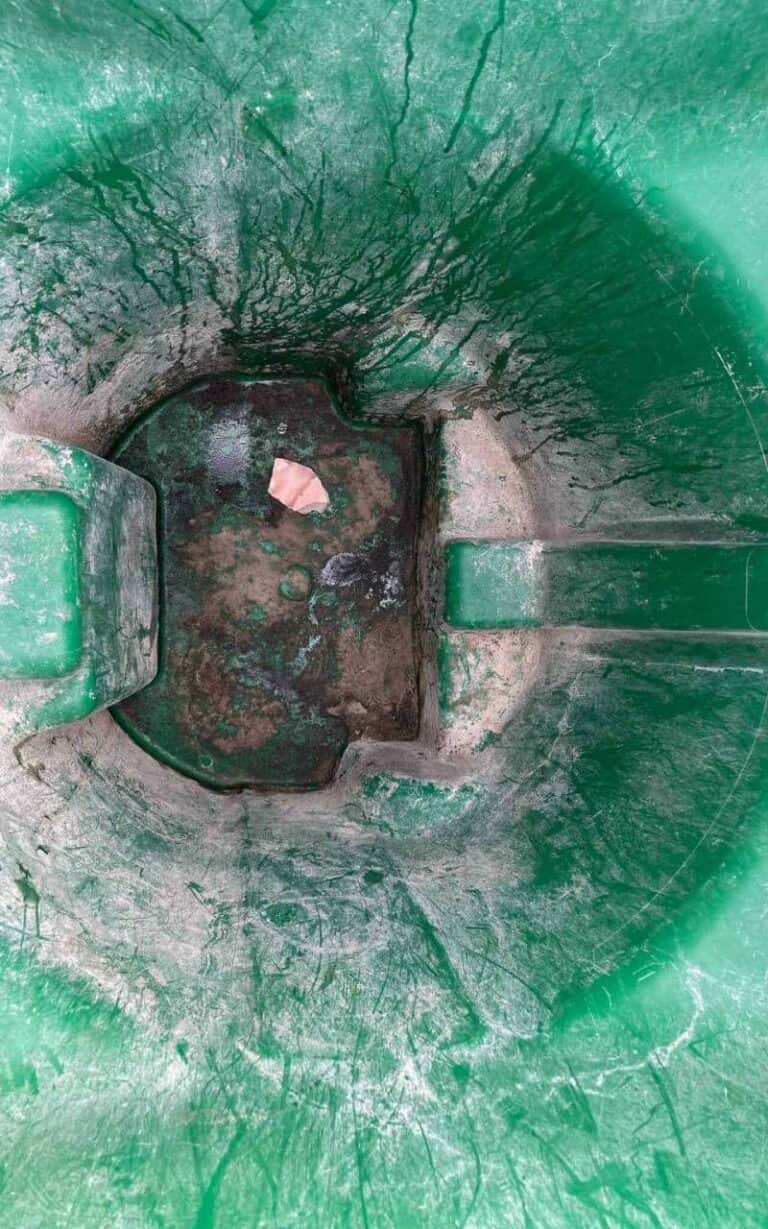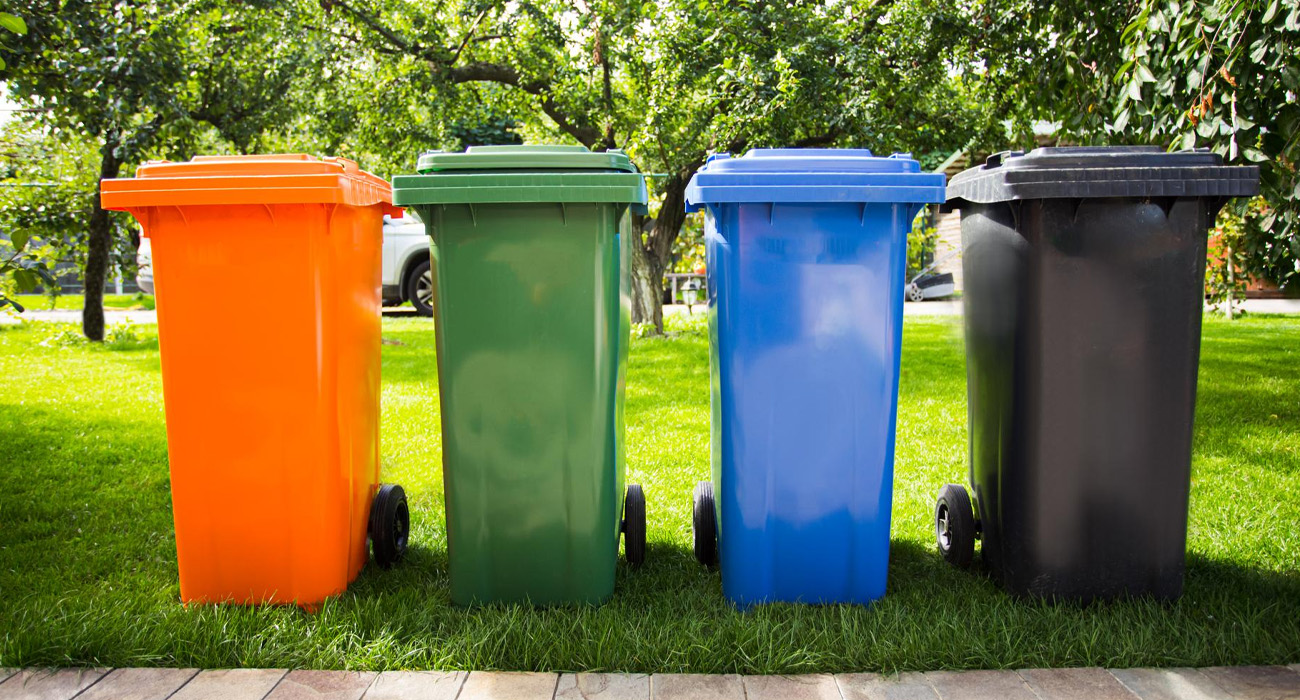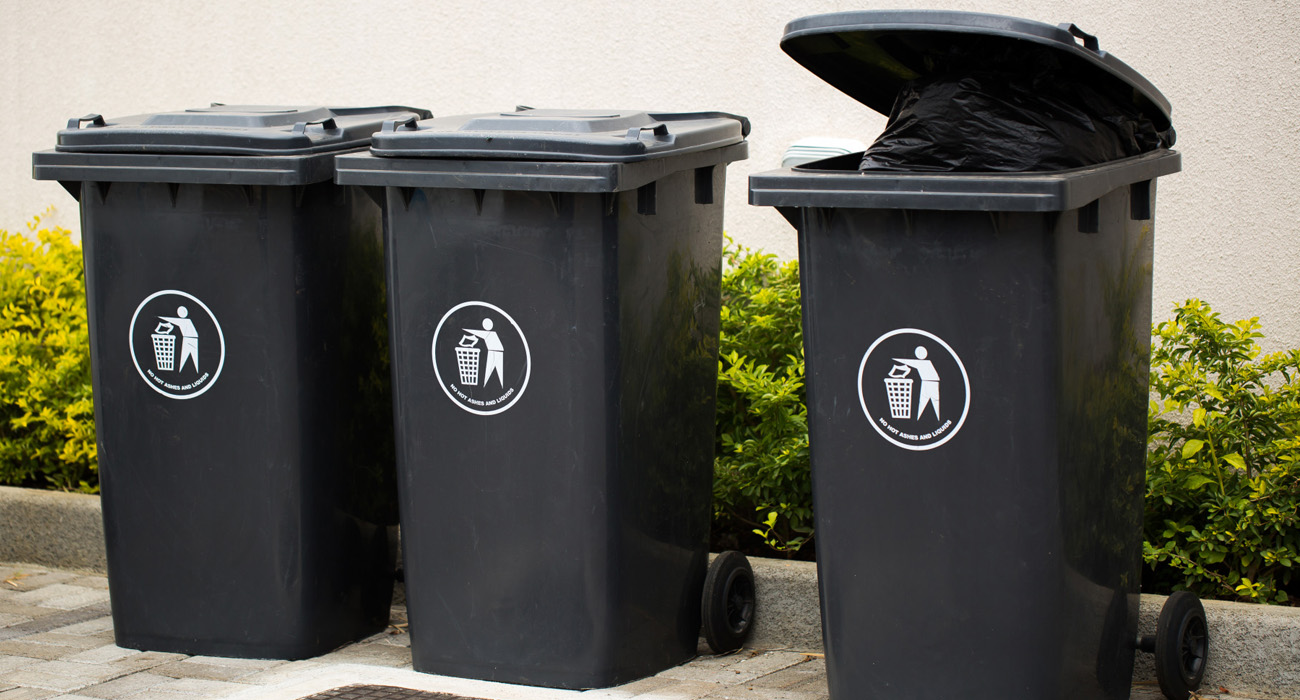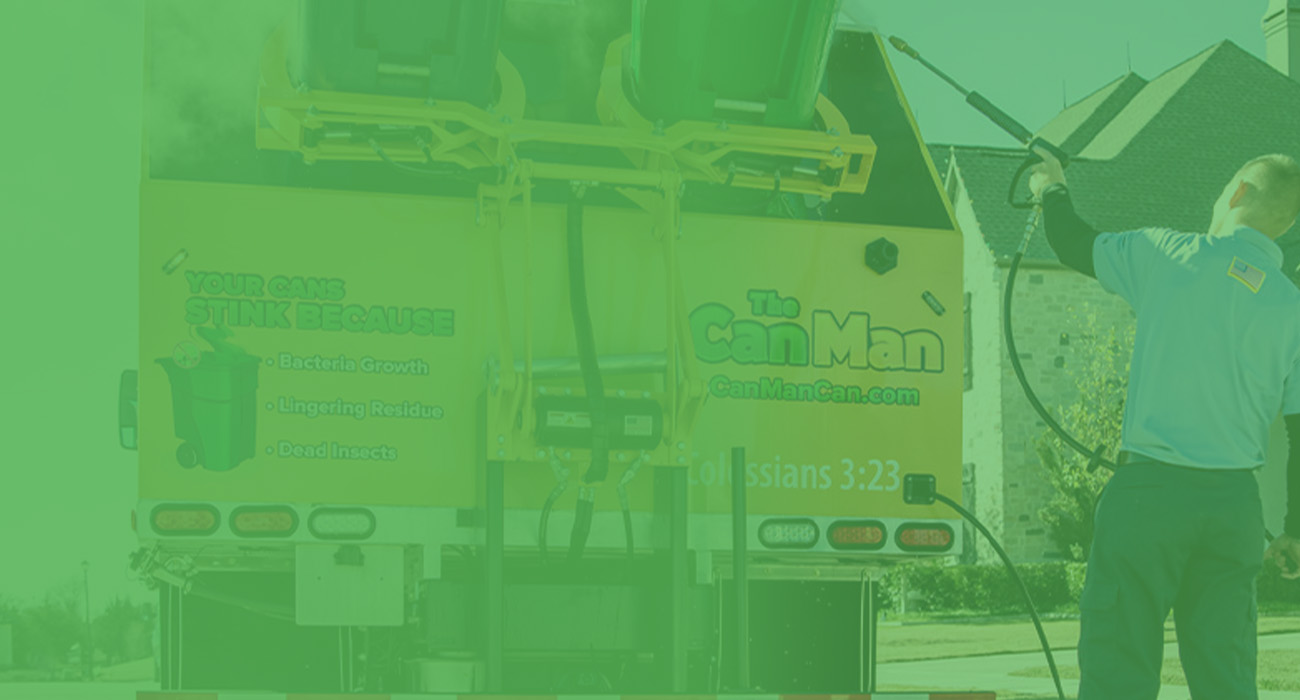How Land Lords and Property Managers Can Promote Zero Waste
As the owner or manager of a rental home, you have a significant role in eliminating zero waste. The fact that tenants constantly move in and out of your rentals puts you in the unique position to influence the waste management habits of many people.
Here is what you can do:
- 1. Provide enough bins for trash, food scraps, and recycling. Make sure the bins are appropriately maintained.
- 2. Have adequate requirements for the removal of food waste. Have designated food scrap drop-off points.
- 3. Arrange proper disposal for waste like batteries, paint, fluorescent bulbs, and cleaning chemicals.
- 4. Designate sites where residents can deposit their trash and recycle. Make sure signs are prominently displayed at these sites to identify them.
- 5. Arrange for weekly pick-up of trash and recycling by haulers. Haulers should offer to recycle and provide dumpsters and totes for garbage and recycling.
- 6. Educate tenants on adequately handling and disposing of prescription drugs and household hazardous waste.
- 7. If your property is a multifamily building, work with your residents to establish a community composting system for processing food waste.
- 8. If it is impossible to have on-site composting, find a food scrap drop-off site nearby where food scrap can be taken.
- 9. If there are trash chutes in the building, make sure residents understand what should go down the trash chute and what is prohibited.
- 10. Provide links to online resources where your tenants can learn more about reducing waste generation or managing their waste correctly.













